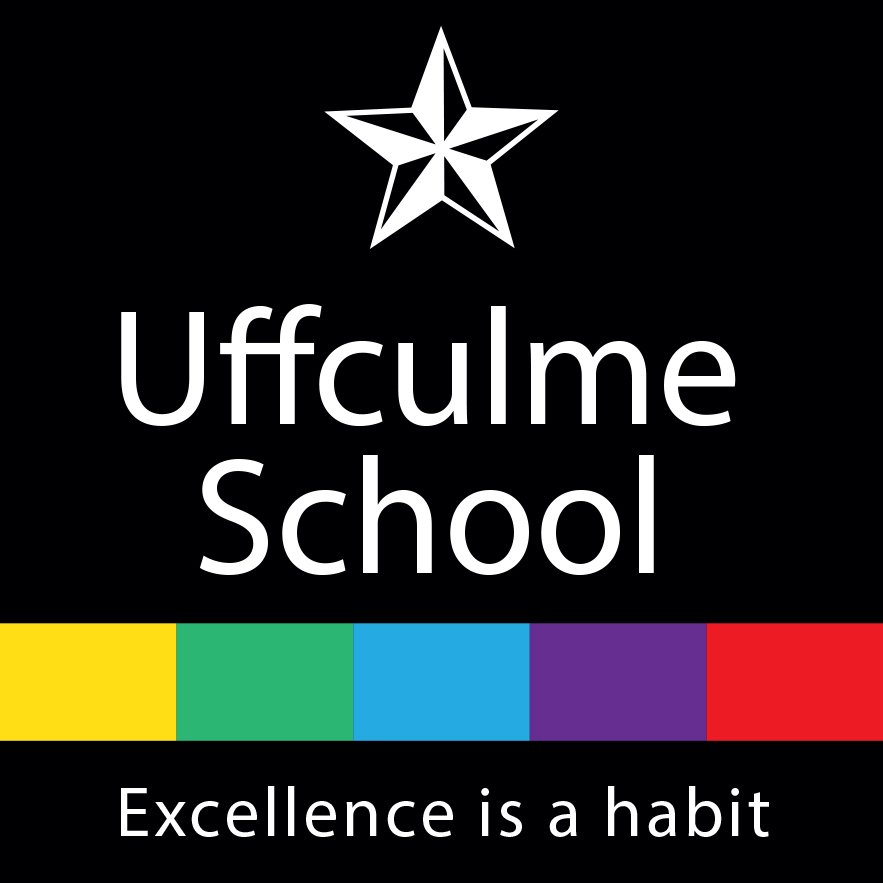Literacy
LITERACY ACROSS THE CURRICULUM
‘Life-long literacy and learning.’
At Uffculme School, we firmly believe that literacy is an essential skill to enable students to read and write as experts in every subject across the curriculum. These skills are vital to make sense of the world around us. As such, the better we are at these skills, the more successful we can expect to be in life. We recognise that improving literacy can have an impact on students’ self-esteem, motivation, behaviour and attainment.
We believe that reading, and particularly reading for pleasure, has a direct impact on vocabulary acquisition, cognitive and social communicative development. It has been shown to improve health and wellbeing, as well as improving compassion and empathy for others.
Our aim is to develop each student's potential to the point where they are reading at, or above, their chronological age. Baseline data will inform us of individual intervention need.
At Uffculme School, we:
Celebrate reading for enjoyment within lessons, tutor time and as part of home habits.
Explicitly teach vocabulary appropriate to each subject area.
Use effective strategies to support comprehension and vocabulary acquisition.
Promote basic skills accuracy across the curriculum through a whole school QWC (Quality of Written Communication) approach: ‘Fix the Magic 6’.
Promote classroom talk to enable quality written work.
Provide literacy intervention where needed.
READING ACROSS THE CURRICULUM
All students are reading age and spelling age tested at the start and end of KS3. This, along with evidence from teachers about progress in lessons, allows us to create a literacy profile for each child. Some students will be identified as needing additional support to access the curriculum. These students will have targeted intervention with specialist teachers (either one-to-one or small group), to provide additional time and support to develop reading, writing and spelling progress.
Tutor Time Reading
Every pupil at Uffculme School has an opportunity to read for pleasure during set tutor time sessions throughout the week. In Y7 & 8 this is led by the tutor reading aloud to pupils, from books chosen from our Junior canon. In Y9 & 10, pupils will read a book of their own choice, selected from our well stocked library, or a book from home.
Year 7 & 8 Read to Succeed Recommendations.
Each of our Year 7 and 8 tutor rooms has a class display where students can share and recommend books to each other. You can find and share inspiring reading recommendations here...Recommended books for secondary school students aged 11-16 (schoolreadinglist.co.uk)
VOCABULARY ACROSS THE CURRICULUM
At Uffculme School, we are committed to empowering students by widening their vocabulary. We are ambitious and aspirational with regard to vocabulary acquisition. We understand the impact that vocabulary has on quality of work, progress, and the ability to express ideas and concepts. Each subject has a published vocabulary list that allows students to speak and write as experts. Vocabulary acquisition is tested through activities such as low-stakes quizzing in lessons and vocabulary tasks are set frequently for homework. Vocabulary is explored fully in all subject areas. Students experience reading key words in context, use new vocabulary in their written work, and develop confidence with new vocabulary in speaking tasks.
ORACY ACROSS THE CURRICULUM
We understand the link between confident, fluent reading and confident, articulate speaking. At Uffculme School, opportunities for talk in the classroom are planned and deliberate. Students learn language across the curriculum to support their oral contribution. Opportunities exist in every subject to prepare speech, such as presentations, debates, discussions and the oral rehearsal of written work.
ENGLISH AWARD
In order to achieve an English badge, we encourage pupils to choose books from our award scheme list, which offers stretch and challenge across the ability range. Each half-term, the English department issue a reading newsletter with recommendations from a range of styles and genres to challenge and inspire readers across all year groups.
ADDITIONAL LITERACY OPPORTUNITIES
We also have many literacy enrichment activities. As well as World Book Day, Poetry Day and our annual Readathon, we also have annual reading and writing competitions and challenges taking place across the curriculum, including wider reading recommendations in Science, Geography, History and RE, subject book groups; journalism, campaign writing and public speaking clubs.
The Library also organises many special events and challenges throughout the year. Students have the opportunity to take part in author workshops and talks, and every Year 7 student receives a free book through the national Bookbuzz scheme.
The English department provides recommended reading to stretch and challenge pupils across the ability range. Our more reluctant readers are supported by their English teacher, tutor and the Learning support team, to encourage progress with their reading. Each half-term, the English department issue Reading Newsletter with recommendations from a range of styles and genres to challenge and inspire readers across all year groups.
We welcome requests and enquiries from any parent who would like more information about literacy.
READING CANONS
Junior Canon
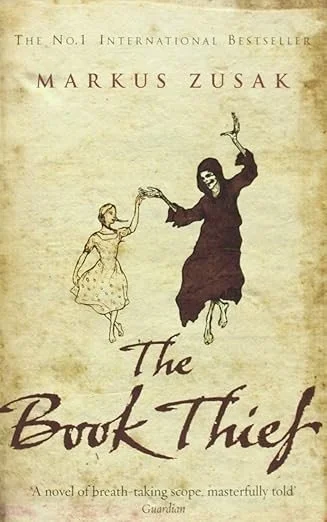
The Book Thief

The Unforgotten Coat
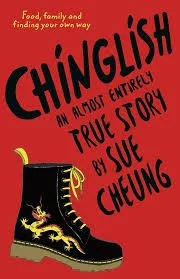
Chinglish
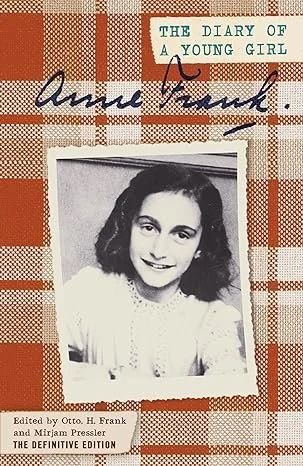
Diary of Anne Frank

Life of Pi
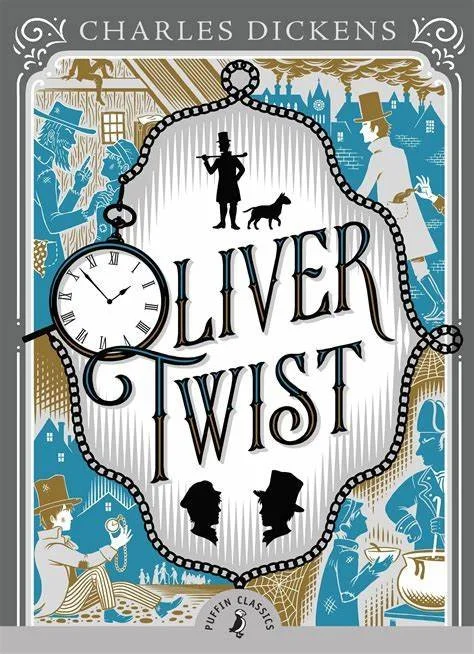
Oliver Twist
READING CANON
Senior Canon

Great Expectation

The Girl with the Louding Voice
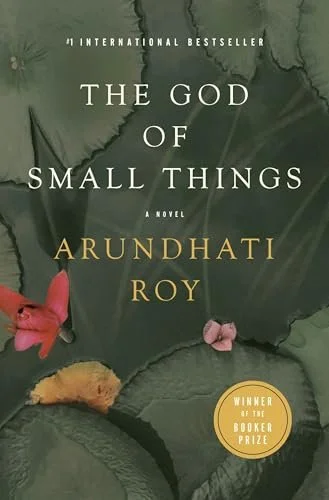
The God of Small Things
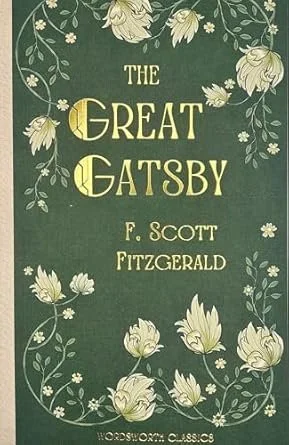
The Great Gatsby

The Hate U Give

The Road
READING RECOMMENDATION BOOKLETS
LITERACY IN THE NEWS:
Latest research shows year-on-year listening habits for the first time | National Literacy Trust
BBC Article - 'Are teenagers falling out of love with books?'
TES Article - 'England's book-loving pupils buck global trends'
The Guardian Article - 'Children are reading less than ever before...'
National Literacy Trust Article - 'Mental Wellbeing, Reading and Writing'
National Literacy Trust Article - 'Book Ownership, Literacy Engagement and Mental Wellbeing'
“Acquiring literacy is an empowering process, enabling millions to enjoy access to knowledge and information which broadens horizons, increases opportunities and creates alternatives for building a better life”. - Kofi Annan, Seventh Secretary-General of the United Nations
